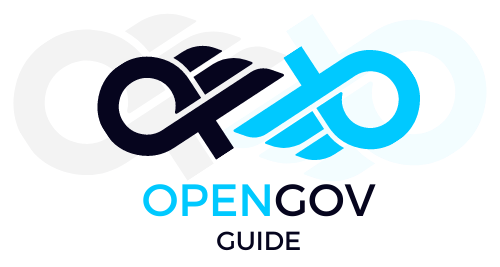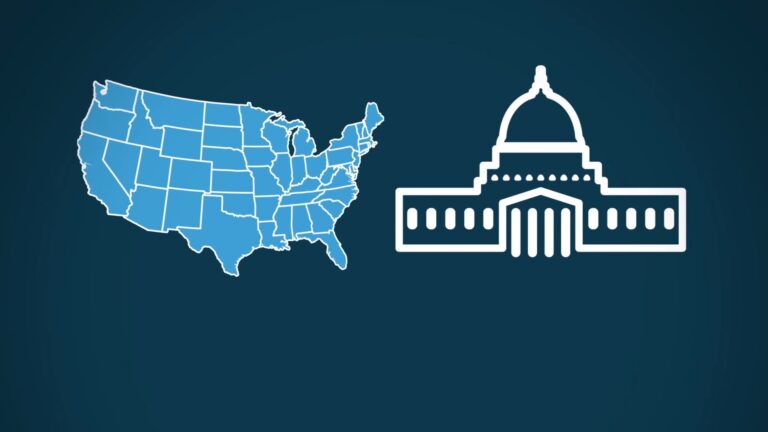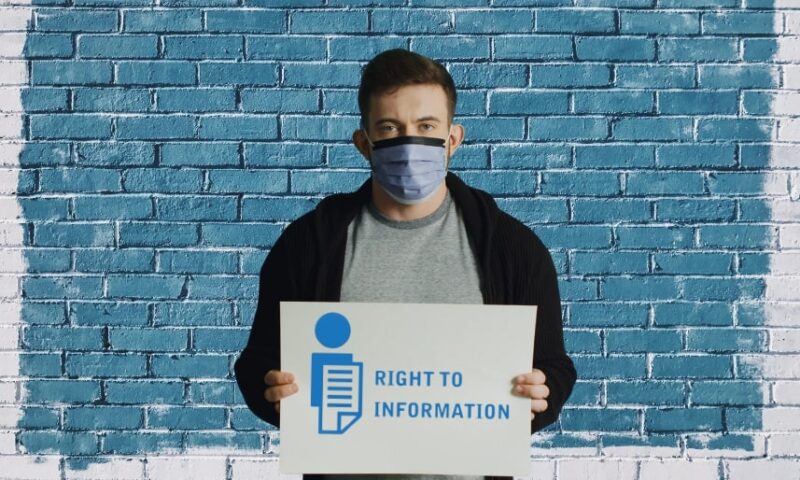For the Right to Information (RTI) legislation to fully realize its intended policy goals, widespread comprehension and understanding of the rights conveyed to citizens through this legal framework are of paramount importance. Should cognizance of the RTI law, its various provisions and how one may actively utilize them remain limited among the population, demand for access to information by way of this mechanism will unavoidably remain restricted in turn. Such an outcome would undermine the very openness and transparency outcomes sought to be promoted.
Boosting public sensitization of RTI necessitates a multi-pronged approach involving diverse stakeholder groups working in concert. This includes citizens themselves, civil society organizations, members of the media, educational institutions, public bodies, oversight bodies, and policymakers.
Centralizing Responsibility for Publicity and Training
Adopting a strategic methodology to augment public cognizance of RTI mandates designating overall accountability for such endeavors to a key oversight entity, such as the central coordinating agency specified within the law or the independent regulatory authority set forth. Centralization of initiatives in this manner streamlines cooperation, guaranteeing coordinated training and promotional activities across all pertinent stakeholders involved.
The engagement of diverse official actors in advancing public awareness remains pivotal, encompassing senior political figures, bureaucrats, public bodies, and educational administrators alike. Such inclusive involvement must also capture regional and local administrations, especially within more populous, federalist, or decentralized national contexts.
A Holistic Approach to Educational Efforts
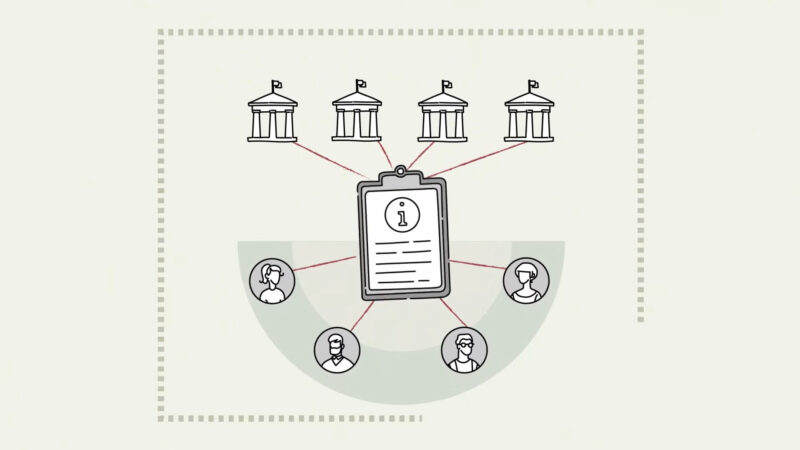
Formulation of civic educational initiatives represents a core strategy for inculcating sustained cognizance of the right to information nationally. Outreach must embrace diverse instructional modalities, inclusive of foundational learning and secondary curriculums.
Incorporating RTI tenants within school topics like civic participation and responsibilities of citizenship, in addition to germane university programs focused on subjects such as human/civil liberties, constitutional law, and journalism, equips succeeding generations with both comprehension of their lawful entitlements as well as appreciation for the significance of transparent administration.
Tailored Strategies and Targeted Outreach
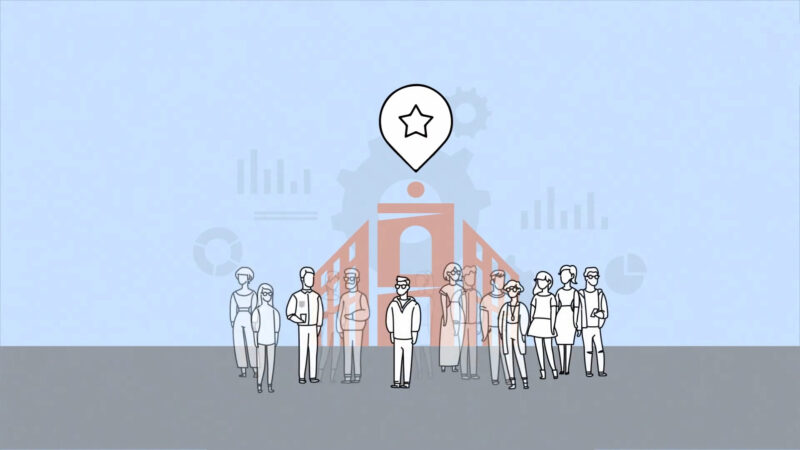
Formulating an exhaustive promotional methodology stands paramount to heightening societal awareness of RTI provisions. Such efforts ought to encompass high-visibility activities and pronouncements by notable public figures, prominently featuring RTI-related materials via public agencies’ electronic portals. Offline, visibly positioning communications at communally-used noticeboards, reception zones and meeting spaces within public premises also bolsters discernibility.
An active stance requires the administration to conscientiously engage the citizenry through recurrent updates and public service bulletins, circulated through mass media platforms inclusive of television and community radio programming.
Leveraging Technology for RTI Awareness

Electronic mediums including dedicated websites, mobile applications, and social media channels furnish an unprecedented scope to connect with broad audiences.
Public bodies ought to develop bespoke RTI portals furnishing not only pertinent directives but facilitating requests electronically as well. Equipping such interfaces with virtual assistants and FAQs ensures effortless navigation for all, including those unfamiliar with processes.
Additionally, mobile apps delivering push notifications regarding policy evolutions guarantee perpetual updates, whatever one’s circumstances. Collaborations with technology enterprises could also spawn engaging online communities where residents exchange experiences, pickup helpful tips and build understanding in a spirit of fellowship.
Strengthening Community Engagement and Grassroots Movements
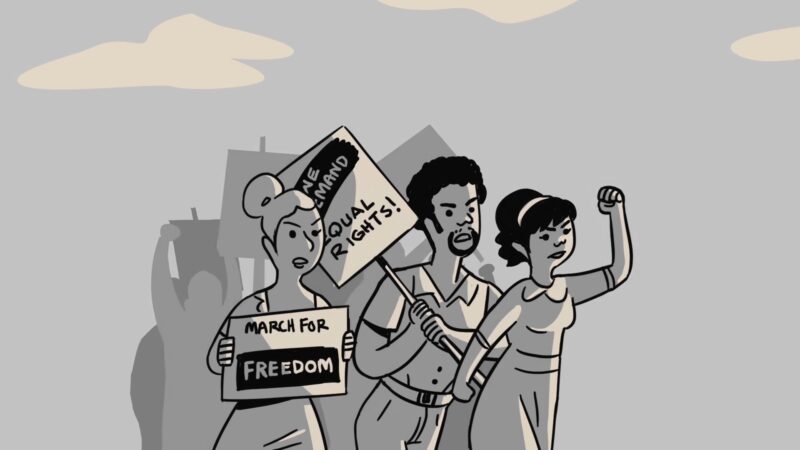
Meaningful public participation epitomizes the potential success of these transparency guarantees. Nurturing grassroots mobilization enables their influence and impact to blossom manifold. Herein lies a pivotal function for local trailblazers, NGOs and civil society at large.
Organizing community gatherings, workshops and seminars educates populace of entitlements whilst forging association. Such platforms celebrate citizenship, with residences exchanging ordeals, hurdles overcome and victories won. Fresh bonds strengthen resolve as shared purpose emerges.
Collaborating with nearby media multiplies outreach relevance. Productions like radio broadcasts, local periodicals and community theater highlight this theme through regional culture and language. Only by comprehending issues through relatable stories and songs does directive truly take root in daily lives.
Incorporating RTI in Professional Training
Intrinsic to these efforts expands cognizance among those committed to public service. Incorporating this jurisprudence into instruction furnishes neophytes essential insights whilst ongoing education ensures its precepts remain foremost in administrators’ minds. Comprehending duties under legislation and procedure optimizes its defense for all.
As national will strengthens participatory frameworks and governance, prioritizing RTI consciousness proves bedrock for promoting accountability, visibility, and involvement. Coordinating stakeholders across sectors and pioneering novel diffusion tactics confirm this. With understanding and expertise in exercising information rights, citizens nurture capability guiding choices and scrutinizing acts bearing upon everyday life.
Final Words
Regulations guaranteeing the Right to Information stand as a lighthouse envisioning administration receptive and accountable, where residents partake confident in direction. Belief rings clear – a well-educated public upholds firm democracy.
Complexities accompany this new epoch necessitating RTI ever more. Not only does equitable access cultivate choices made with vision, but participation also instills reliance among leadership and all persons.
